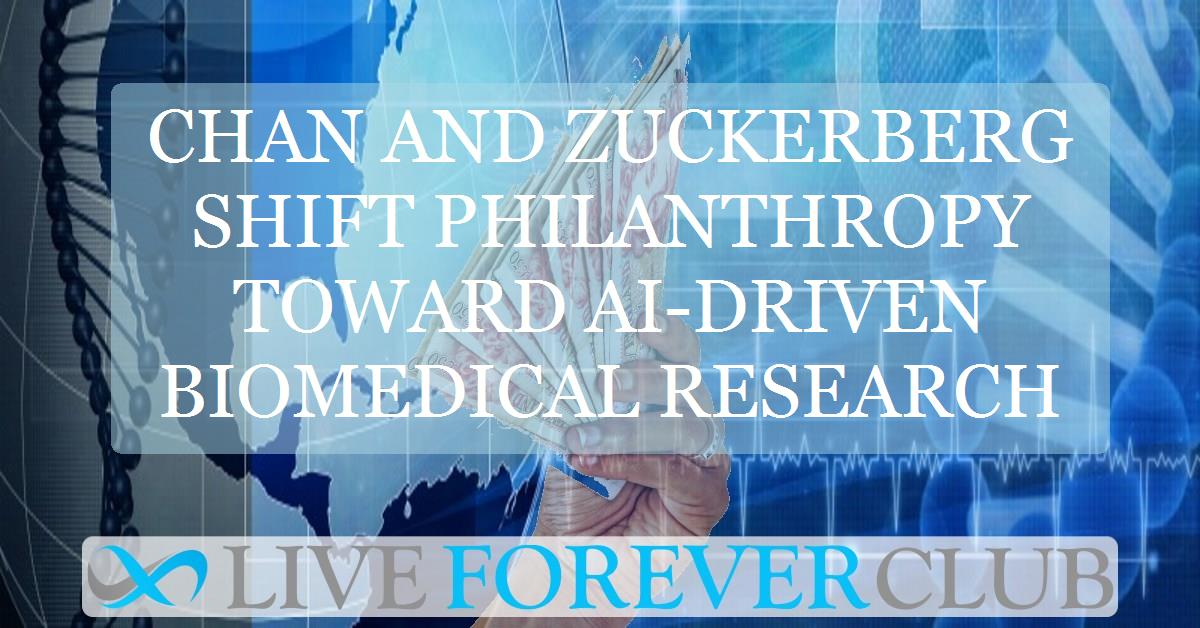Key points from article :
Dr Priscilla Chan and Mark Zuckerberg are redirecting most of their philanthropic resources toward advancing biomedical science through Chan Zuckerberg Biohub, their fast-growing research network. While their charity has previously funded education, immigration reform and diversity initiatives, the couple now believes their biggest impact lies in building advanced scientific tools — especially those that combine artificial intelligence with biology to understand and treat disease. Since founding Biohub in 2016, they have contributed $4 billion to basic research and now plan to double that investment over the next decade, operating at roughly $1 billion a year.
Their new strategy focuses on using AI to build virtual models of human cells, digital systems that could reveal how inflammation, immunity and genetic mutations actually work inside the body. The long-term goal is to create open-source, predictive models that allow scientists worldwide to run virtual experiments at a scale impossible in real labs. This shift is driven in part by Chan’s clinical experience treating children with rare disorders, where understanding what goes wrong inside their cells is crucial but often impossible with today’s tools.
The article also notes the broader context: as U.S. federal science funding faces cuts, the couple is increasing their long-term research commitments. Biohub is expanding rapidly, with institutes in New York, San Francisco and Chicago, and it has just acquired EvolutionaryScale, an AI lab whose co-founder Alex Rives will now lead Biohub’s scientific efforts. Although the Chan Zuckerberg Initiative is scaling back some of its earlier social-issue grants, the couple says those programs will continue at a smaller level, with Biohub becoming the primary home for their philanthropy.
Ultimately, the couple argues that AI-powered biology could accelerate the path from discovery to treatment. By creating virtual cells and other large-scale biological “digital twins,” they hope to help scientists develop new diagnostics and therapies for human disease far faster than today’s methods allow.







